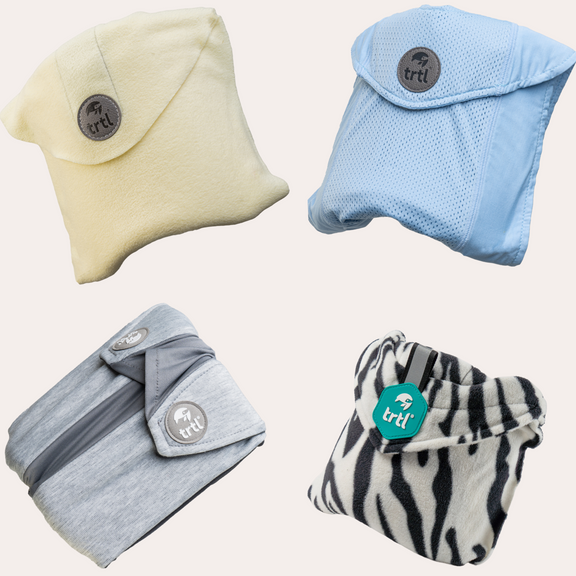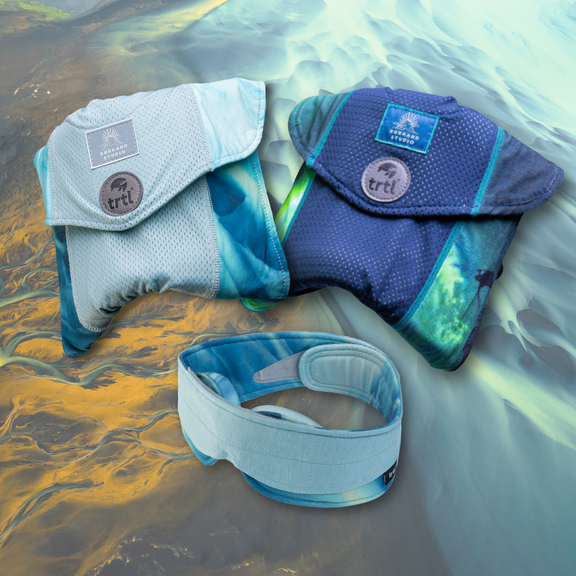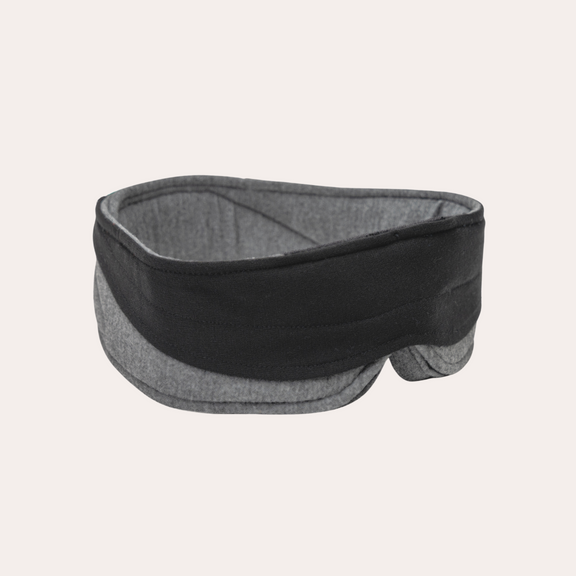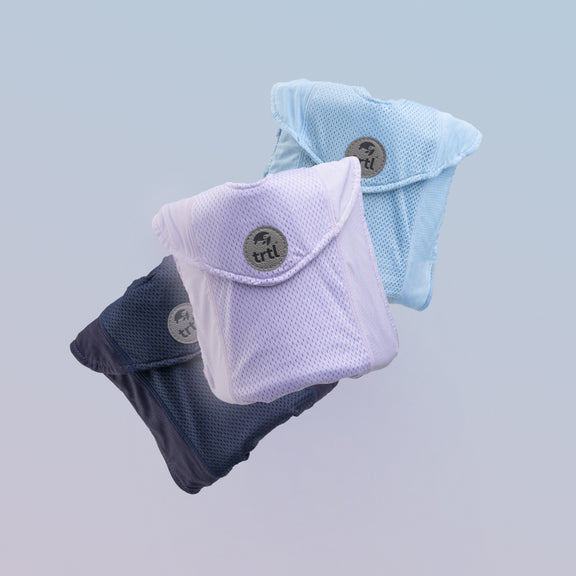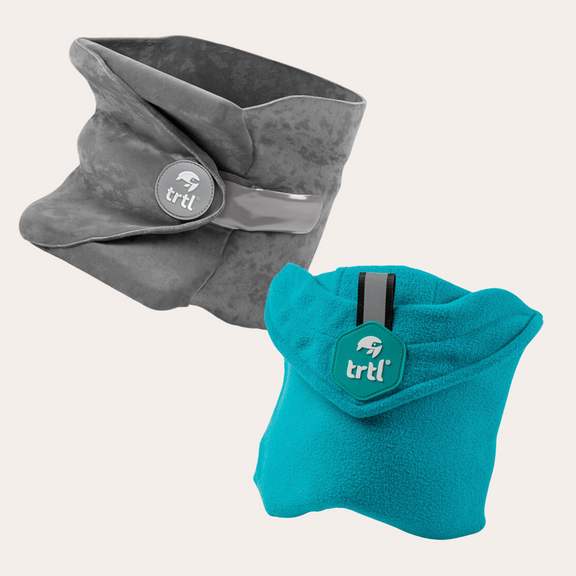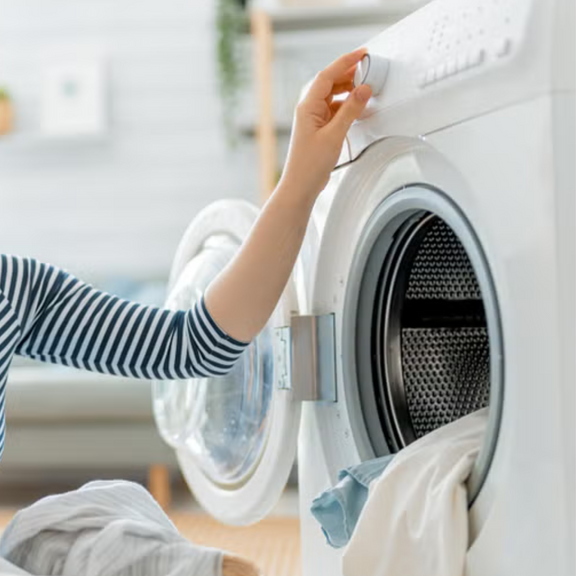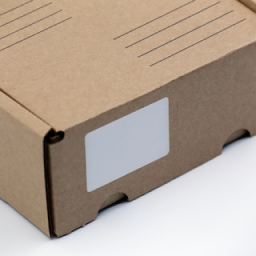“An estimated 194 billion disposable masks and gloves are being used worldwide every month as a result of the coronavirus pandemic”
Let’s talk about sustainability and PPE.
Let’s face it, the world has enough to deal with when it comes to plastic pollution and non-recycled waste without the millions of disposable masks and other PPE adding to our landfills, streets and oceans!
Before the global pandemic hit, statistics show:

All of us here at Trtl find it refreshing to see the world beginning to open back up again. Some countries and cities may be more advanced than others. However, with that comes responsibility as we all know, such as Social distancing, wearing a mask, having to carry and use hand sanitiser everywhere you go, working from home when possible, ensuring you are only travelling for essential purposes and learning to love our own cities and learning we don’t have to travel far to enjoy a break.
This means masks in particular are now a must for the majority of the world’s day to day essentials when leaving the house.
THE IMPACT OF COVID-19
Although people are being responsible and protecting the most vulnerable in society, the use of disposable and single use masks have become the new plastic straw. Masks are being disposed of at massive rates, meaning our oceans are becoming increasingly polluted due to use of disposable PPE.

“Waste Free Oceans says Face Masks could take up to 450 years to fully decompose”
According to the UN News “If historical data is a reliable indicator, it can be expected that around 75 percent of the used masks, as well as other pandemic-related waste, will end up in landfills, or floating in the seas. Aside from the environmental damage, the financial cost, in areas such as tourism and fisheries, is estimated by the UN Environment Programme (UNEP) at around $40 billion”
According to The Freedonia Group, the demand for plastic face shields has skyrocketed at an estimated 312% growth rate in 2020 due to face mask shortages related to COVID-19. Before Covid-19, these were only used in a small number of medical procedures. An estimated 194 billion disposable masks and gloves are being used worldwide every month as a result of the coronavirus pandemic, according to a study in Environmental Science and Technology.
Every little helps
It is refreshing to see people making the effort. Every little helps and it’s not just to benefit the wellbeing of our beautiful planet, it can help with your bank balance also.
Thinking about our planet
Of course, there are a large amount of people out there trying to help and do what they can to prevent our planet from being so severely affected by waste. In almost every large store you go into, you will often find there are now ‘biodegradable’ options for the likes of plates, cutlery, cups, even toothbrushes!
There is also an increase in reusable cups meaning there are fewer paper cups being used and contributing to the problem, same goes for plastic carrier bags!
Do it for you
People making sustainable choices is not just benefitting our ecosystem but our finances. By using reusable items, you are saving yourself money in the long run! Many companies are offering discounts when using reusable items such as if you bring in your own reusable coffee cup you can get a percentage off your hot drink. This certainly helps encourage people to start changing their habits. Imagine the difference it would make if everyone did this?
WHAT YOU CAN DO TO HELP?
1. Use Reusable Face Masks
At this point in time, with the current global crisis and the increased impact it has on our planet, we could be using reusable masks and PPE! Reusable face masks are readily available to almost anyone now. You will probably even find them in your nearest town centre or supermarket. Here at Trtl, we have created our own reusable face mask - The Trtl Protect Mask! It’s the world's first adaptable face mask with 3 different modes making it suitable for everyone! The Trtl Protect Mask uses 5 stage filter technology to efficiently stop water droplets from leaving/entering your mask and also comes with filters for extra protection. You can find out more about the Trtl Protect Mask here - TrtlMask or go to our Instagram and Facebook channels to see the Protect Mask in action!
2. Dispose of Your Masks Properly
At this point in time, with the current global crisis and the increased impact it has on our planet, we could be using reusable masks and PPE! Reusable face masks are readily available to almost anyone now. You will probably even find them in your nearest town centre or supermarket. Here at Trtl, we have created our own reusable face mask - The Trtl Protect Mask! It’s the world's first adaptable face mask with 3 different modes making it suitable for everyone! The Trtl Protect Mask uses 5 stage filter technology to efficiently stop water droplets from leaving/entering your mask and also comes with filters for extra protection. You can find out more about the Trtl Protect Mask here - TrtlMask or go to our Instagram and Facebook channels to see the Protect Mask in action!
3. Cut the String
This prevents nature such as birds, sea life, small woodland animals getting tangled up in the masks. This has been a big issue as well as latex gloves, plastic bags, non-biodegradable netting, cotton buds etc. This can make a big difference and it is so easy to do and only takes a minute or two of your time.

4. Use can Eco-friendly Laundry Detergent
Use an eco-friendly laundry detergent - As well as your normal day-to-day garments, it’s really important to wash your face mask! We recommend using an environmentally friendly detergent that is equally as effective as other soaps and detergents but, all of the eco detergents, are free from any harmful chemicals or pollutants and are devoid of harmful toxins as well. According to a Seventh Generation study, “if every U.S. household replaced one bottle of petroleum-based detergent with a plant-based one, 149,000 barrels of oil could be saved — enough to heat and cool 8,500 homes for a year.”
5. Reduce Microplastic Waste
Microplastic waste is in our oceans where our sea life is consuming them. Did you know your clothes are made up of harmful pieces of microplastic that end up coming away in your laundry and polluting our seas. Our clothes shed fibres when they are washed each and every time they are placed in a washing machine regardless of the material they are made from. This will come as no surprise to anyone who owns a washing machine. The ‘fluff’ that gets caught in the filters are the same material – clothing fibres – that break off in the wash. In many households around the world, washing machines are essential items. There are something like 800 million in use around the world today and an average household will use their machine about four times a week.

WHAT TRTL ARE DOING TO HELP
At Trtl, we believe in travelling the world, and believe that our planet is something we should protect when able. As travel returns, we want to ensure the beautiful areas in the world can be enjoyed for many generations to come, which is why we purposefully created products that promote sustainability as well as efficiency:
- We’ve used over 43,000 recycled bottles to make our packing pods so far. That’s nearly a half tonne of plastic saved from landfill. Also, the Trtl Wrap is made with sustainable plant-based down filling and all our bags are made using recycled plastic.
- We have also introduced the Trtl Protect Mask which was designed to be used in all environments meaning one mask can be used for all your needs and is of course reusable. This cuts down on the number of masks needed and time wearing a full mask when this may not be necessary. This is not only great for the wearer but great for the planet as it helps to reduce the single use and disposable masks that are entering landfills and oceans. With its ability to be washed at 40 degrees, it allows for washing and effective cleansing to occur at a temperature which is not as detrimental to the planet as harsh chemicals and washes.




